Coronavirus in Scotland: What can we do, and when?
- Published
Scotland is easing lockdown in four phases. The first steps took place at the end of May, with phase two beginning on 19 June and phase three on 10 July. What has already changed - and what could happen next?
Phase 1 (from 29 May) - Meeting friends & family outdoors
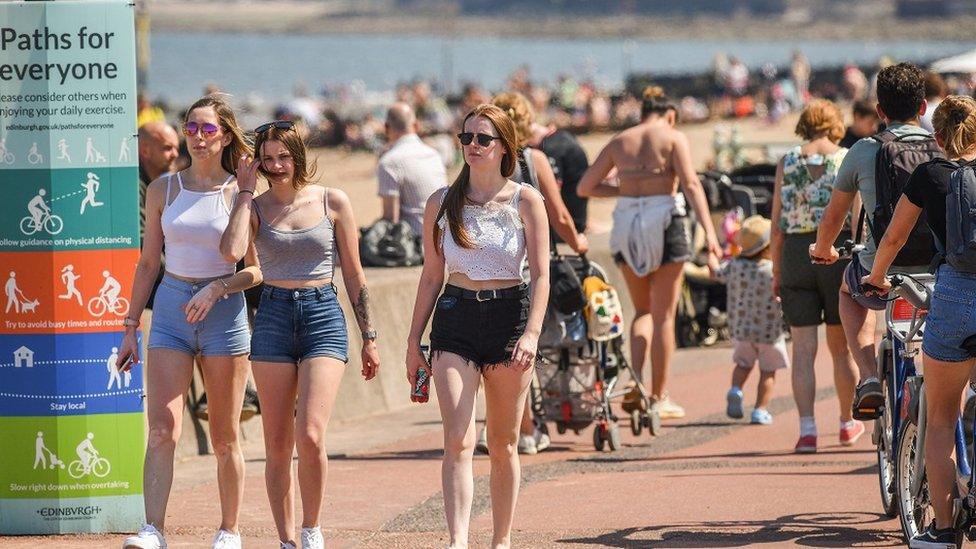
Up to eight people from two different households were allowed to meet in parks, gardens or the beach
In this first phase the virus is still not fully contained but there will have been a sustained reduction in infections, hospital admissions and deaths. The R-number will have been below 1 for at least a fortnight.
In phase one, people were able to use public spaces such as parks or private gardens to sit or meet up with one other household outdoors, in small numbers, provided social distancing was maintained.
Travelling short distances for leisure and exercise was allowed, although people were still encouraged to walk or cycle if possible. Some workplaces reopened and international border measures were introduced.
More staff returned to schools, and an increased number of children were able to access critical childcare. Childminding and outdoor nursery provision were allowed to reopen. Support was made available to pupils at key transition points, for instance starting P1 or S1, but a wider return to school will not take place until August.
Remote working remained the default position for those that can do so. Where workplaces reopened, employers were encouraged to consider staggered start times and flexible working.
Outdoor workplaces could reopen with distancing measures in place, while the construction sector also started to resume. The housing market could also begin to reopen.
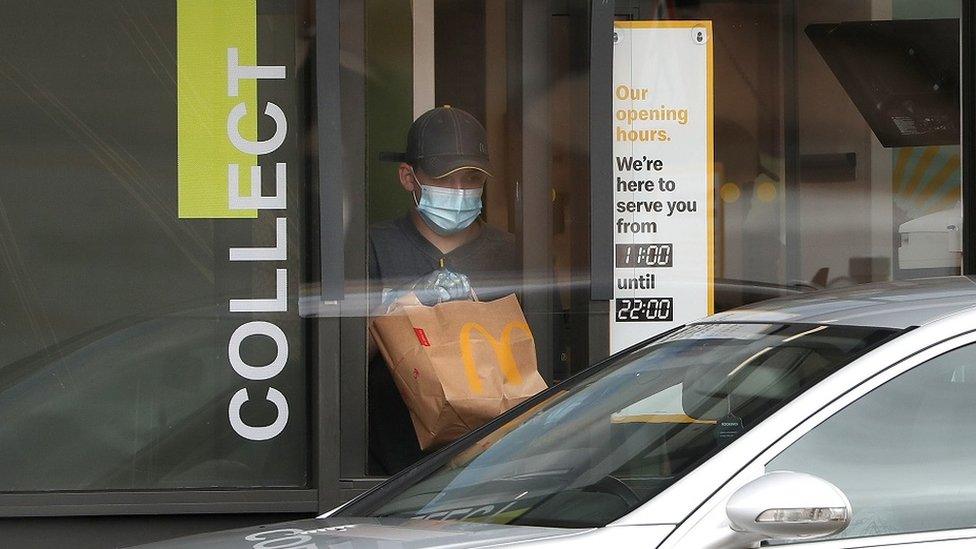
Long queues formed when fast food outlets opened their drive-throughs from 2 June
Drive-through food outlets and takeaways reopened, but not their associated cafes. Garden centres started doing business, with the necessary physical distancing rules in place.
Unrestricted non-contact outdoor exercise was allowed if distancing could be maintained. Activities such as golf, hiking, canoeing, outdoor swimming and angling were allowed within the local area.
Face-to-face Children's Hearings resumed and there was greater contact for social work and other support services. There was greater access to respite care to support unpaid carers and for families with a disabled member - all subject to social distancing and appropriate hygiene measures.
Household waste recycling centres have opened again. The restart of many NHS services was also beginning, including fertility treatment and community services.
Phase 2 (from 19 June) - Meeting more people & shops reopen
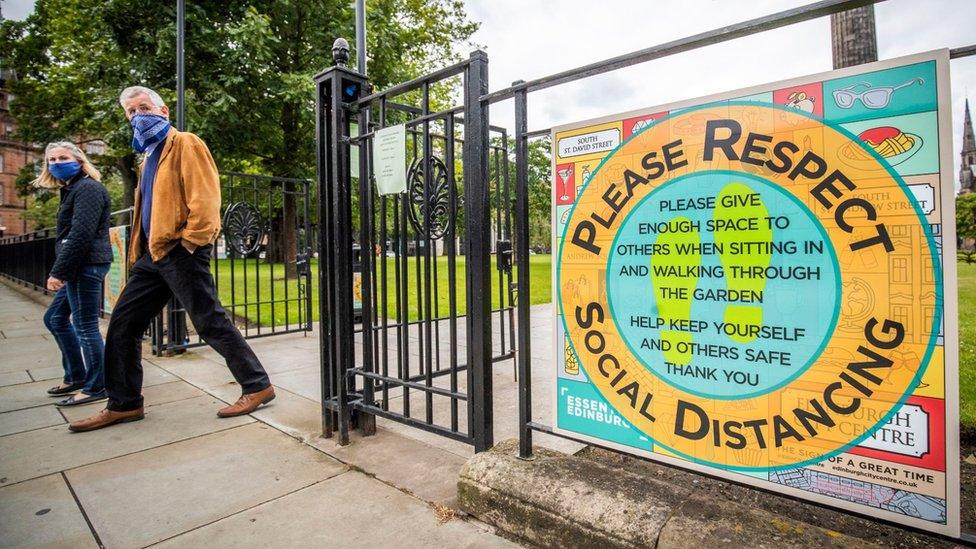
In this stage, the virus is considered "controlled" and the R-number is consistently below 1. The health service must have adequate capacity and the test, trace and isolate system must be running effectively to suppress transmission.
In phase two you can meet people from two different households outside - but still in groups of no more than eight people. Physical distancing and appropriate hygiene will need to be maintained. People who are shielding can go outdoors for exercise and meet people from one other household.
People who live on their own, or only with children, are allowed to form an extended group and meet people from one other household indoors, with no physical distancing, and stay overnight.
Remote working where possible remains the default position. Public transport will increase but still be limited due to distancing requirements, and it is mandatory to wear face coverings on public transport, including taxis.
Places of worship have reopened for private prayer, and marriages and civil partnerships can take place outdoors with a limited numbers of attendees. Dentists can see patients with urgent care needs.
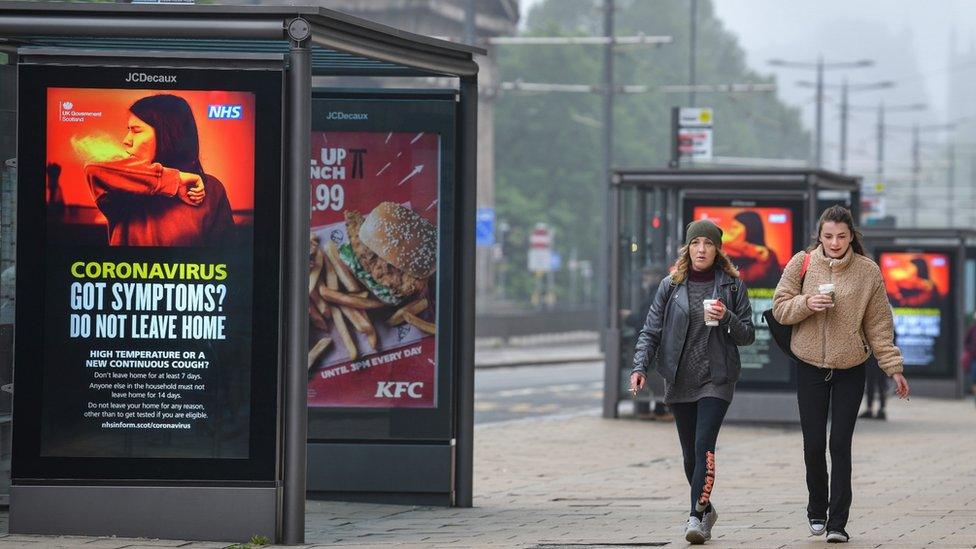
On-campus laboratory research and indoor non-office based workplaces resumed, including factories and warehouses.
All shops have been allowed to reopen if they have outdoor entrances and exits. Outdoor markets can also open, but indoor shopping centres will remain closed. Playgrounds and sports courts reopened with physical distancing, and zoos and garden attractions have also reopened.
People can travel more than five miles for leisure or recreation and are able to use of self-contained holiday accommodation, such as cottages, lodges and caravans with no shared services.
Children under the age of 12 no longer have to follow distancing rules when meeting other children or adults outdoors. Those aged 12 to 17 still need to obey distancing rules, but there is no longer a limit on the number of different groups they can meet during a day.
Pubs and restaurants have been allowed to open outdoor spaces, such as beer gardens.
Phase 3 (from 10 July) - Different households can meet indoors
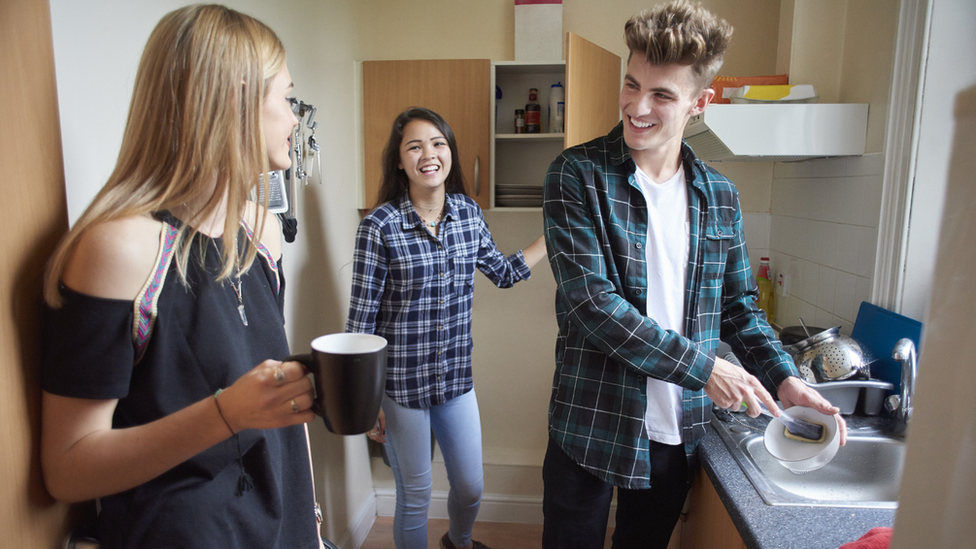
By now the virus is considered "suppressed". Many workplaces have adapted, and the test and trace system is able to quickly respond to any areas that need particular attention. Life will feel closer to normal.
From Friday 10 July, up to eight people from three different households can meet indoors - and can stay overnight as long as there is physical distancing. Up to 15 people from five different households can meet outdoors, while also following the 2m distancing rules.
The wearing of face coverings will be compulsory in shops.
Hairdressers and barbers can reopen from 15 July, and pubs and restaurants can reopen their indoor spaces from the same date. All of these will be subject to physical distancing and hygiene measures being in place.
All holiday accommodation will be able to open, as will museums, galleries, cinemas, monuments and libraries. Places of worship will be allowed to reopen for communal prayer and services
Schools are expected to reopen from 11 August, while universities can introduce a blended mix of campus and remote learning from 22 July.

RISK AT WORK: How exposed is your job?
SCHOOLS: When will children be returning?
EXERCISE: What are the guidelines on getting out?
THE R NUMBER: What it means and why it matters
RECOVERY: How long does it take to get better?

Phase 4 - Public transport fully open (No date penned)

We will move into this phase when the virus remains suppressed at very low levels and is no longer considered a significant threat to public health. The government says it could take many months or longer to get to this stage.
A further relaxation of gathering restrictions will be allowed, but good hygiene will continue to be emphasised.
Public transport will be operating a full service, at full capacity.
Schools and childcare will be operating without any necessary precautions. Colleges and university campuses are fully open. Remote working will still be encouraged but all types or workplace can now open
All types of shopping, pub and restaurant outlets will be open, but people will still be encouraged to shop locally. There will be a further relaxation of restrictions in line with health advice for sport, leisure and culture.
A full range of health and social care services will be on offer with a greater use of technology to improve services.


Use the form below to send us your questions and we could be in touch.
In some cases your question will be published, displaying your name, age and location as you provide it, unless you state otherwise. Your contact details will never be published. Please ensure you have read the terms and conditions.
If you are reading this page on the BBC News app, you will need to visit the mobile version of the BBC website to submit your question on this topic.